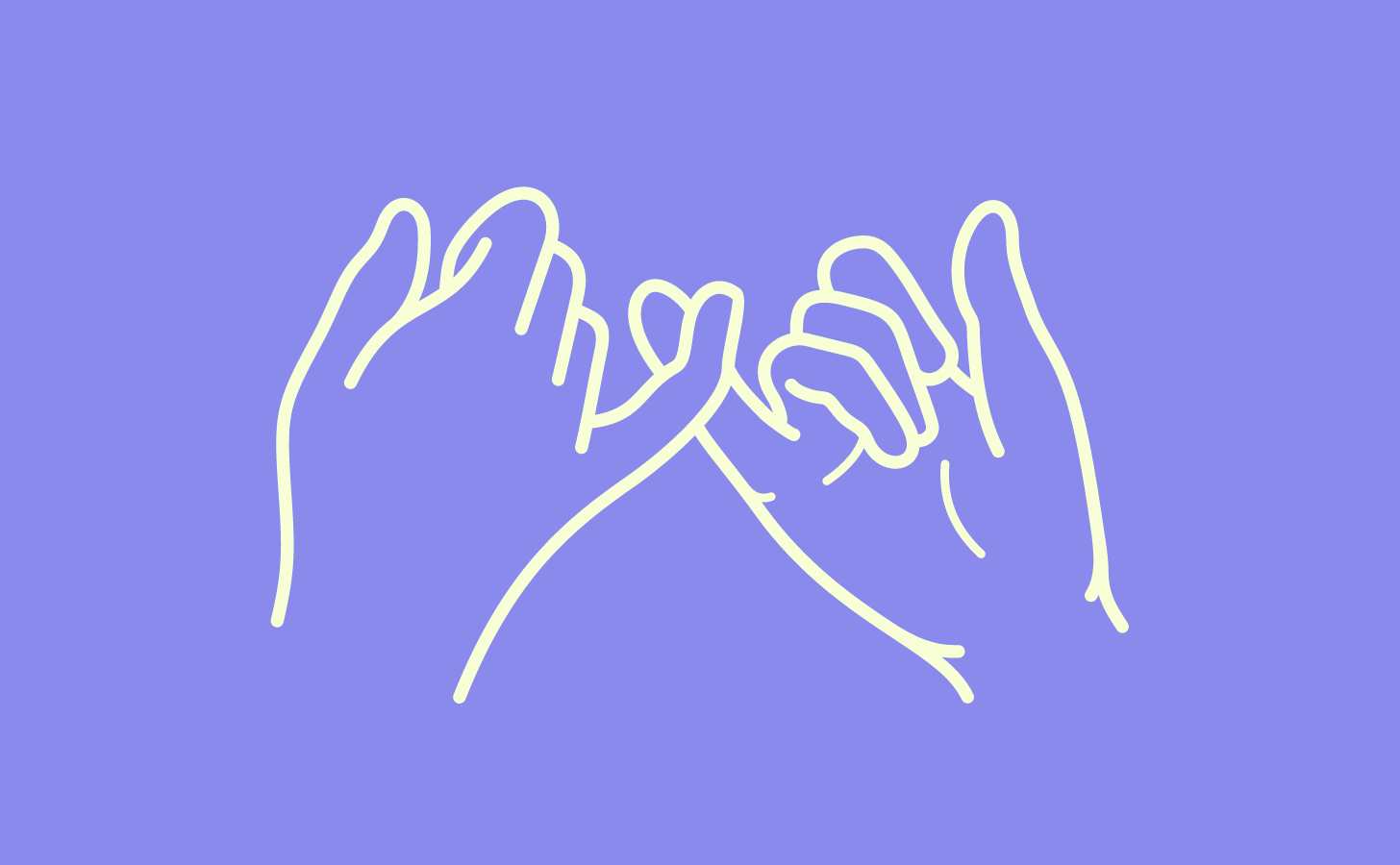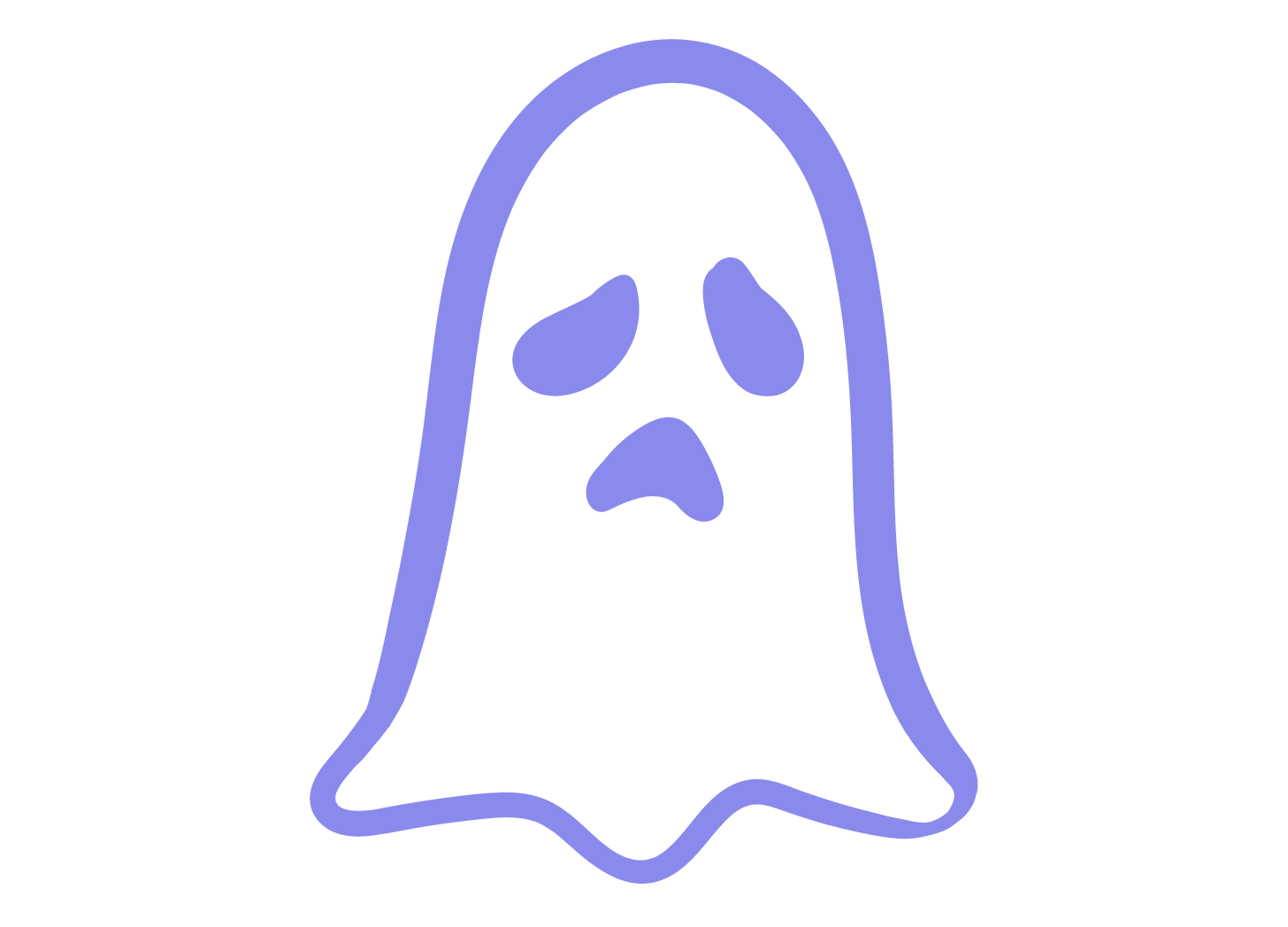Community over competition: part 1
Envy is a natural human emotion, but it isn't worth undermining our peers.
One of my least favorite parts of myself is that I struggle with envy. There are beautiful Phoenix neighborhoods that I avoid driving through, lest it ruin my day that someone else gets to live in a yellow adobe with a cactus garden and a swimming pool and I don’t. There are acquaintances’ Instagram profiles I have muted because I can’t stand to witness how colorful their lives appear in comparison with my own. When my friends talk about going to therapy, I feel a twinge of jealousy, bitter at the fact that mental health services aren’t covered by my own insurance.
Beyond being incredibly unflattering when revealed to others (including, I’m sure, right here), envy is an extremely uncomfortable and exhausting emotion to run into frequently. Now and then it can be a galvanizing force, offering a short burst of motivation to pursue the very thing we envy about others’ lives. Most of the time, though, there’s no bright side; I sit in a pathetic puddle of resentment and shame, wondering if I made the wrong life choices or if I’m missing out on a secret everyone else knows.
This would be unpleasant for anyone, but it’s a particularly dangerous pattern for a writer.
Writing, like other arts, is a haunted house full of opportunities for envy. A fellow writer announces that he was accepted into a prestigious residency, and eek!, a bloodied zombie appears from around the corner. An essayist lists her most impressive bylines, and a chainsaw revs in the distance. A debut author unboxes her review copies in an Instagram Reel, and a clown emerges from the shadows. If you’re not careful, you can walk out of a social media scroll sesh or a writerly chitchat with the wind knocked out of your lungs and your pants thoroughly soaked.
Is that a good way to live, though? Not really, and I’m saying that firsthand. Many of art’s main perks are the ways in which it connects us with others. We trade stories, form communities, provide solace, hold up mirrors to one another’s faces. If all we feel is envy for our fellow creatives, what’s the point of making art at all?
We could spend all day discussing the driving forces behind artistic envy: the attention economy, the commodification of art and literature, the exclusivity of career-boosting educational and professional opportunities. But I’m less interested in why creatives feel jealous of one another than I am in how to reduce that jealousy’s bite. Envy is a natural human emotion, but left untamed, it can poison our own artistic endeavors while soiling our relationships with other creatives.
One strategy I hear often is to treat envy as a compass that points toward the things you value, then use that direction to shape your goals. This strategy assumes that the thing you’re jealous about is something you want for yourself—a long-term relationship, a nice car, the ability to travel, and so on. But for me, my envy is rarely that simple. Sure, I might get jealous of someone with a cute adobe home because I would like to live in a cute adobe home. But do I actually want the sparkling educational achievements listed in this random author’s blurb? Is my soul really craving the first-place prize at my local poetry slam?
It’s possible that many of the things we think we want are tangible manifestations of the abstract things we really want. Maybe I don’t care about having an MFA and tenure at an Ivy League, but I do want to feel like a valued and respected voice in my field. Perhaps I’m not interested in performing at poetry slams, but I do wish I had the confidence necessary to get on stage and read my own work. In these cases, envy can indeed serve as a decent compass—and once we’ve realized which way is north, our jealousy can serve as a catalyst for change.
I don’t think envy always points to something we want for ourselves, though. Sometimes, seeing someone else thrive can trigger the comparison habit social media has spent the last 20+ years fostering. We might not necessarily want someone else’s smiling family or stacked bank account or professional accolades, but seeing them succeed makes us wonder if we will, too.
That’s what happened with author and Substacker Elizabeth Austin, who wrote in an essay for ChillSubs’ Write or Die about her envious parasocial relationship with another writer. Watching this writer succeed led Austin to constantly compare her own achievements (or, in some cases, lack thereof) with those of her “nemesis” (Austin’s words). The other writer had no idea Austin existed; still, Austin spent hours hate-scrolling her nemesis’ social media, complaining about her nemesis’ latest brags to her friends, and worrying that this writer alone would corner her market, ruining her book’s chances of success.
It wasn’t until Austin read an essay about jealousy by Emma Gannon—an author Austin rightfully perceived as extremely vibrant and successful—that she realized just about everyone experiences envy. There’s no level of achievement that suddenly precludes all fears of self-comparison or non-success.
I wasn’t jealous of my nemesis’s hypothetical success—I was afraid of my own failures, Austin writes. I was projecting those fears onto someone who didn’t even know I existed. I was in a hell of my own creation, born out of the darkest parts of my imagination.
Somehow, Austin’s story about the pervasive yet futile nature of jealousy has allowed me to release my own envy more easily than the compass narrative has. There will always be someone out there who’s more accomplished than I am, no matter how niche my aspirations get. There will always be someone with a nicer house, a more adventurous life, better access to the services they need or want. If that’s the case, what’s the point of forming a one-way grudge against everyone who, in some way or another, is better off?
I still harbor some slivers of anxiety, but they’ve become motivators, Austin writes. When I hear about someone else’s successes, my heart leaps—it feels like abundance, like possibility. If they could, then I can. A win for one of us feels like a win for all.
Austin’s 180 couldn’t be more relevant if she were in any other line of work. Today, with a disaster of a publishing industry and a general sense of hopelessness about the ways in which we share our art, a win for one writer really is a win for the rest. It shows us that success is still possible. Not all is lost, at least not yet.
It’s this mindset that motivates my “community over competition” philosophy, which I view as the antidote to creative envy and rivalry. This is something I’ll talk about putting into practice in the next issue of Creativity Under Capitalism, but first, I wanted to provide a bit of a mental framework for how to get there.
I’m still working on loosening envy’s hold on me, but it’s comforting to know that—like most things—community is the cure. Or part of the cure, at least. How can we exercise the “community over competition” mindset IRL? A special issue coming next week (yep, new issues two weeks in a row!) will have the scoop.
What’s been inspiring me lately:
✰ Virgil Wander, a heartwarming novel by Leif Enger about new beginnings in a small, ailing midwestern town. My own work-in-progress takes place in a small town in which everyone knows each other, and it was sweet to read Enger’s in a completely different context and geographical setting.
✰ “I may be turning feral,” an essay by writer and yoga instructor Julie Leoni. Shoutout to my BFF for sending me this one during a fervid text exchange in which I wished to become a coyote and run freely through the desert.
✰ Bewilderment by Richard Powers. I read Powers’ The Overstory a few years ago, and it’s stuck with me since. Borrowing this novel from my local library has been such a treat; something about Powers’ prose is so rich with detail and emotion without ever becoming tiring.
✰ What It’s Like to Be a Bird by David Allen Sibley. This is one of many Sibley books I own, but it’s different from his guides in that it’s a meandering tome meant to sit on the coffee table, not in your backpack or your car. The bird facts contained within this book blow my mind. Did you know a single chickadee can remember where she stored 80,000 pieces of food, as well as how valuable each piece is? Did you know migrating birds can learn about local predators from the birds who live in a given place? Crazy stuff.








Thank you for being so vulnerable! Envy is something I struggle with on a daily basis too. It's the worst when I feel it because my writer friends are experiencing success and I feel inferior by comparison.
Something that's helped me recently is starting a "brag file" for myself. It's a Google Doc that I fill with everything that reminds me why I'm doing this: publication acceptances, writing milestones, kind rejection letters from publishers, excited texts from beta reader friends, emails from mentors that remind me my work has value to offer. It's helpful to look at when I'm filled with emotions I'd rather not experience. :)
This was so good and so REAL. I used to struggle with envy to a debilitating degree. I’ve learned to just spend less time centering myself and to center the art instead. That way, when other writers are where I want to be, I view it as a team effort. In the end, (at least, I’d like to believe) we’re all after and in love with the same thing.